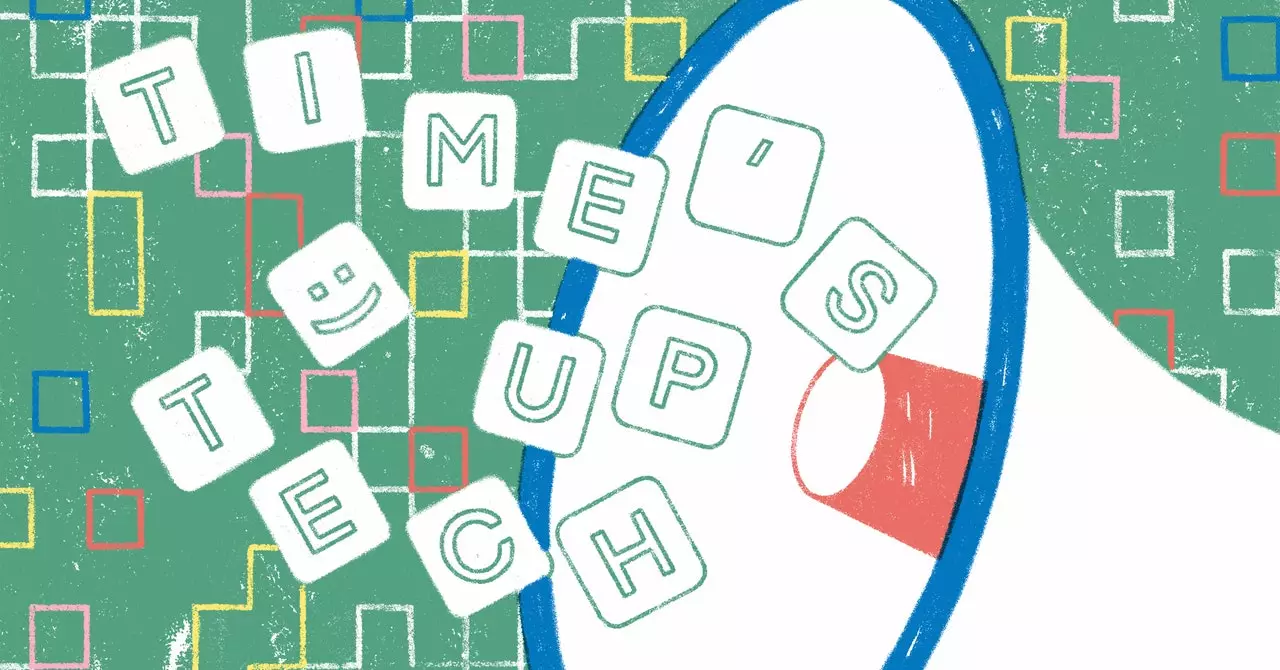As we creep into 2025, the once scintillating allure of the tech industry is fading, leaving a more sobering reality in its wake. The narrative surrounding Silicon Valley and its ‘tech bros’—a term that encapsulates a group of young, male-dominated innovators—has transformed from an inspirational tale of progress to a narrative riddled with failures, particularly in fostering diversity and an inclusive workforce. The computing industry, instead of serving as a beacon of innovation, has become a bastion of exclusion where women and nonbinary individuals struggle to find their footing.
The Problematic Culture of Computing
At the heart of this issue lies a prevailing culture—often colloquially referred to as the “Bro Code.” This culture promotes aspirational traits such as aggressive competition and a narrow focus on technical prowess, often at the expense of empathy and social responsibility. Values rooted in precision, abstraction, and a hypermasculine approach hold sway in many tech environments, leading to the marginalization of those who do not conform. Despite being hailed as a progressive field, the tech industry lacks meaningful efforts to recruit, retain, and uplift women and nonbinary workers, perpetuating an environment rife with bias and harassment.
The statistical disparities are striking. A mere 21 percent of programming roles are filled by women, with African American and Latina women represented at shockingly low rates of 2 percent and 1 percent, respectively. Such underrepresentation is compounded during economic downturns, with women forming the majority of those laid off, as observed in the staggering 2022 tech layoffs.
Through a personal lens, the author’s experiences resonate deeply with the statistics. Observations regarding the targeting of female employees during layoffs reflect broader systemic issues within Big Tech, emphasizing a cycle that disproportionately impacts those already at a disadvantage. The culture surrounding stockholder demands often encourages companies to prioritize fiscal strategy over personnel welfare, further exacerbating existing inequalities and biases.
The authoritarian tendencies of tech leadership add another layer of complexity. Many leaders, buoyed by their wealth and the esteem associated with their successes, operate with a sense of invulnerability. They often stifle dissent and resist scrutiny, perpetuating an environment where camaraderie and true innovation take a backseat to conformity and compliance.
The Intersection of Activism and Accountability
Amidst this troubling landscape, the pushback is underway. The increasing coalition between feminist movements and labor activism is gradually forcing a reckoning with the entrenched attitudes of the tech monoliths. As awareness grows surrounding the toxic elements of the Bro Code, dissenting voices are beginning to crack this oppressive façade. While the rhetoric of altruism is commonly espoused by tech leaders, the lived experiences of those working in the field tell a different story—one where altruistic desires are often sidelined for profit-driven motives.
Women who aspire to use their skills for societal benefit often find themselves undermined. The stories of individuals like Lynn and Shauna illustrate the disparate treatment of those seeking to create technology for the greater good—only to see their innovations co-opted for profit. This disillusionment is palpable and will likely continue fueling skepticism toward the promises propagated by the tech giants.
The years ahead hold potential for significant shifts in this landscape. On one hand, disillusionment with Big Tech is growing, as many consumers and employees alike begin to hold these companies accountable for their societal impact. Workers are organizing and demonstrating that collective action can indeed effect change—evidenced by actions like the 2018 Google walkout against systemic injustices.
In 2025, as societal pressure builds and marginalized voices become increasingly vocal, we may witness a transformative re-evaluation of what it means to work in technology. This could prompt a necessary shift toward inclusivity, equity, and genuine innovation that prioritizes social good over mere profit. The days of the unchecked Bro Code may well be numbered, as those currently disenfranchised in tech rise to redefine what’s possible for their industry and the world at large.
The glamour associated with the tech industry is undeniably fading, giving way to a more urgent call for accountability. The toxic culture embodied by the Bro Code not only harms individual workers but also stifles innovative potential across the field. As the public grows increasingly savvy and aware of the industry’s shortcomings, we are at a critical juncture. The future of technology may well lie in the hands of those bold enough to challenge the status quo. With commitment and concerted effort, the tech landscape can transition to one that genuinely fosters diversity, inclusion, and a commitment to collective progress.

